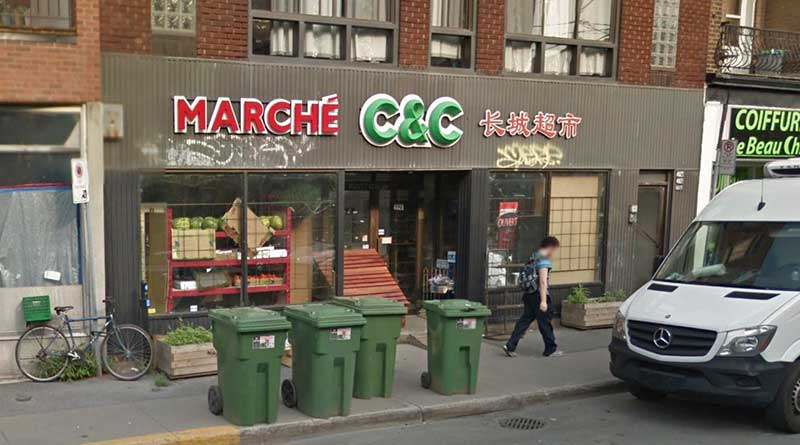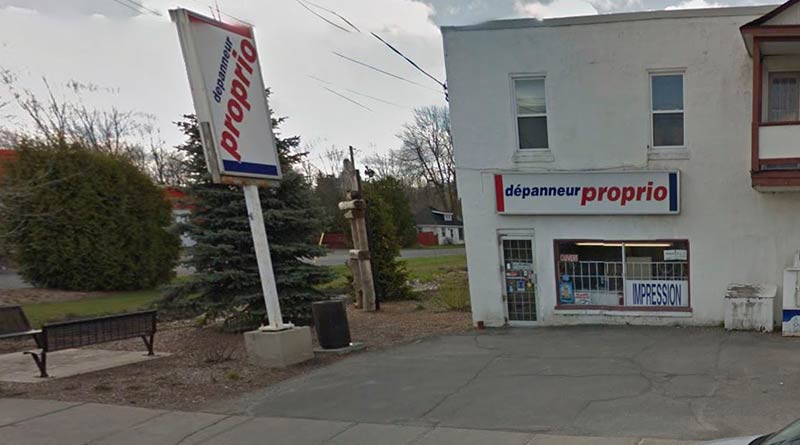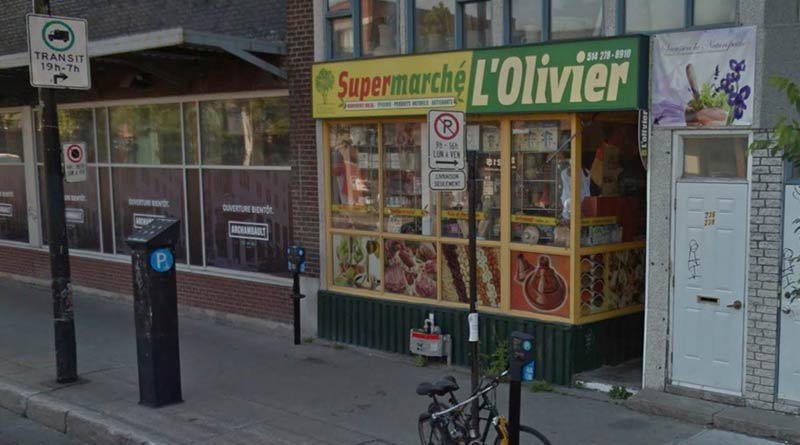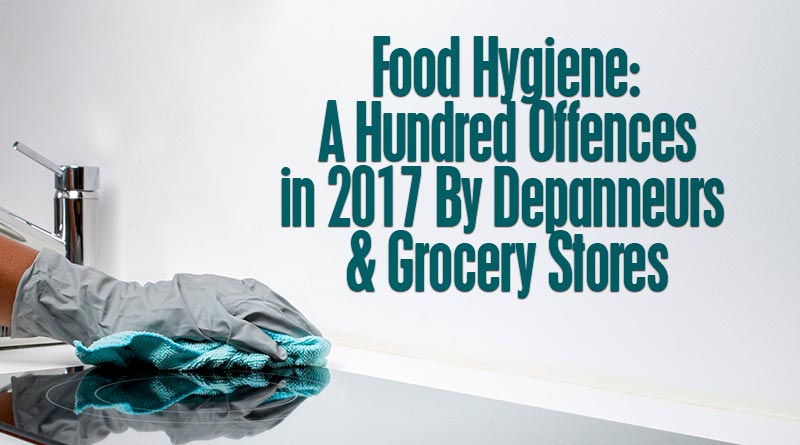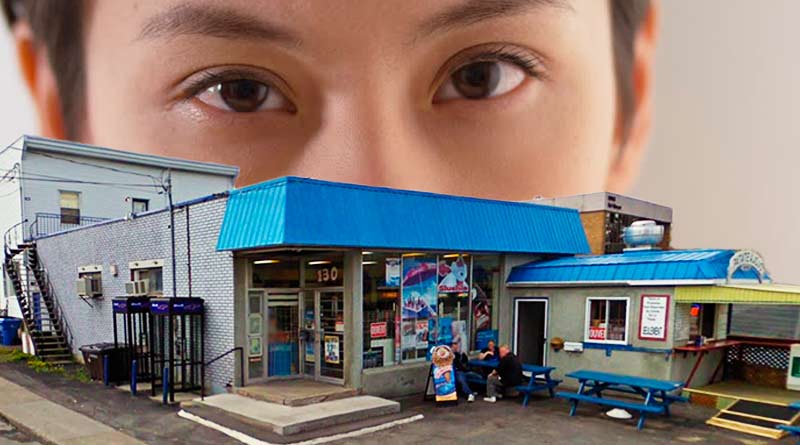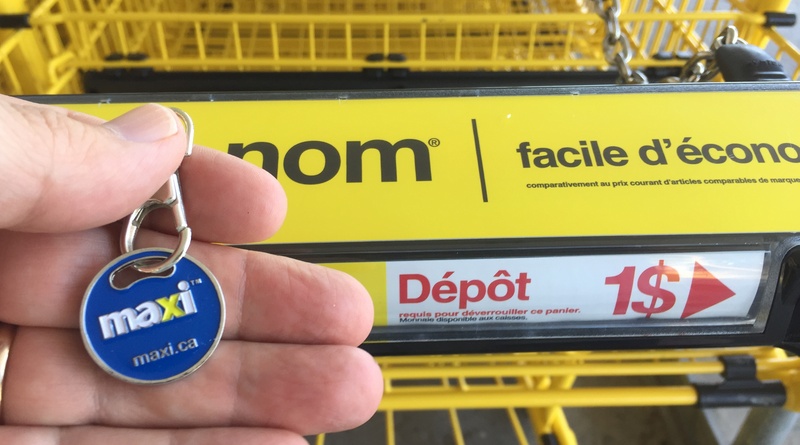Food Hygiene: 114 Offences By Grocery Stores & Depanneurs This Year
When food is handled or meals are prepared in-store, food hygiene and cleanliness are fundamental. So does the health of the public and the reputation of the entire industry. If there is one area where regulations and third-party inspections are most relevant, it is food inspection, a role played by the Quebec Department of Agriculture, Fisheries and Food (MAPAQ).
For the sake of public transparency as well as to put some pressure on the culprits, the MAPAQ publishes on its website the name of all businesses – restaurants, canteens, food manufacturers but also convenience stores, markets and grocery stores, which were found guilty of an offence (see here in French only).
The good news is that of all the infringements judged so far in 2017, “convenience stores” (27), “grocery stores / butcheries” (75) and “hypermarkets” (12) constitute only 10% (114 ) of all convictions (1081).
We agree, however, that a safety infraction is always one too many, although some are more acceptable than others: they range from $ 250 to almost $ 10,000 depending on the seriousness of the offence as well as the number of offences involved.
Benign offences
One we often see ($ 250 fine) is to have handled or stored food at the wrong temperature (to have held a heat-alterable product without constantly maintaining it at a temperature not exceeding 4° C, etc.).
In this category, which is mainly caused by negligence rather than bad intentions, we find half of the 114 convenience stores and grocery stores fined, including:
- two Dépanneur du Coin Ultramar (former CST Brands), one in St-Alphone-de-Granby and the other in Alma;
- one Voisin Shell (Sobeys Québec) in Deux-Montagnes;
- three IGA including two Extra (Sobeys Québec) in Saint-Hyacinthe, Baie-Comeau and Quebec City;
- one Le Magasin (Groupe Harnois) in Saguenay;
- three Metro including two Plus (Metro) in Montréal, Saint-Augustin and Quebec City;
- one Marché Ami (Metro) in Saint-Honoré-de-Shenley;
- one Bonichoix (Loblaw) in Tring-Jonction;
- the rest are operated by independent owners for the most part.
Unacceptable infringements
Three other types of offences of the same amount ($ 250) have a much greater reputational impact, namely an establishment whose premises, equipment and equipment used for product preparation and storage were not clean, the presence of animals (including rodents), insects or their excrement or a place where the walls and ceilings are not washable, smooth and free from asperity.
In one of these very bad categories, we find the folloging c-stores and grocery stores:
- one Petro-T (Groupe Harnois) in Salaberry-de-Valleyfield (animals, rodents, insects, excrements);
- one Bonichoix (Sobeys Québec), one in Ascension-de-notre-Seigneur (cleanliness), one in La Guadeloupe (walls and ceilings are not washable);
- one Intermarché (Loblaw) in Laval (uncleanliness);
- two Maxi (Loblaw) in Longueuil (uncleanliness);
- one Metro Plus (Metro) in Saint-Jérôme (uncleanliness);
- the rest are operated by independent owners for the most part.
Another offence category associated with a more severe fine ($ 500 to $ 1,000) relates to food fraud, which is “any deception or attempt at deception, any statement or representation that is false, inaccurate, misleading, in any form whatsoever” or “to have detained meat or a meat product that came from another retailer” or “to have used a product, its container, its label or its packaging featuring an inaccurate, false, misleading indication “.
In these categories of fines that do not inspire public confidence, we find:
- one Intermarché (Loblaw) on boulevard Viau in Montreal (misleading information);
- one Boni-Soir (Sobeys Québec) at Île Perrot (two $ 500 fines for inaccurate, false, misleading indication on product labels);
- one Voisin (Sobeys Québec) in Sherbrooke (meat product that came from another retailer).
And finally, the bad apples
Regardless of the industry, there will always be a small number of what may be called bad apples, an expression that is well suited to the food sector.
These are businesses that collect health and safety offences like others would collect stamps, accumulating fines of up to $ 7,000. Many of them prefer simply to close the shop rather than paying the fees, thereby rendering a service to the public and consumers.
Here are a few.
